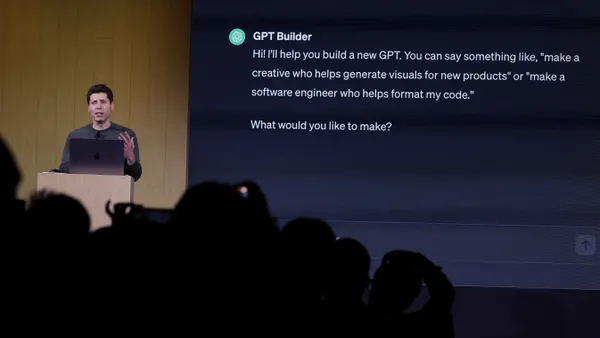Most employees responding to a recent survey said they believe employers are passing over competent candidates because employers aren’t willing to train them, according to a May 28 report from Express Employment Professionals.
In addition, 87% said companies should prioritize skills-based hiring over degrees, pushing back on outdated job requirements and unrealistic expectations. About 90% said they’d stay longer at companies that invest in training.
“In today’s evolving labor market, adaptability is increasingly recognized as a critical asset by both employers and job seekers,” said Bob Funk Jr., CEO of Express Employment Professionals.
“Many business leaders are finding that while priorities may differ, there’s common ground in practical strategies, such as flexible qualifications and onboarding programs focused on long-term growth,” Funk said. “These approaches help bridge gaps in expectations while maintaining the high standards that drive sustainable success.”
In the survey of more than 1,000 U.S. adults, 79% of job seekers said the skills gap is less about a lack of ability and more about employers’ unwillingness to train. Nearly three-quarters also think employers should be willing to forgo some job requirements to find the right person.
However, in a separate survey of more than 1,000 U.S. hiring decision-makers, 69% said the skills gap is wider than ever. Although 84% said their company has the resources to close the gap, a similar amount also said their company has waived some job requirements, such as years of experience, educational degrees, soft skills, hard skills and professional certifications.
At the same time, challenges persist in shifting to skills-based hiring, the survey found. More than a third of hiring managers said they don’t know how to assess certifications or online degrees, which can hinder their incorporation into the hiring process.
To address skills-based hiring barriers, some employers are developing formal infrastructures, such as skills mapping and skills-based rewards, according to a Mercer report. These strategies can close talent gaps and encourage leadership buy-in, the report found.
Looking ahead, 9 in 10 companies lack “future-ready” talent strategies, particularly related to artificial intelligence capabilities, according to a report from The Adecco Group. Companies need to implement structured plans to support workers, build skills and lead through AI-related disruption, the firm said.
Some HR professionals may feel stuck when addressing this talent conundrum as training continues to move lower on the priority list at many organizations, according to HR Dive’s recent Identity of HR survey. Job shadowing and mentorship can help if learning and development investment has dropped, experts told HR Dive.












